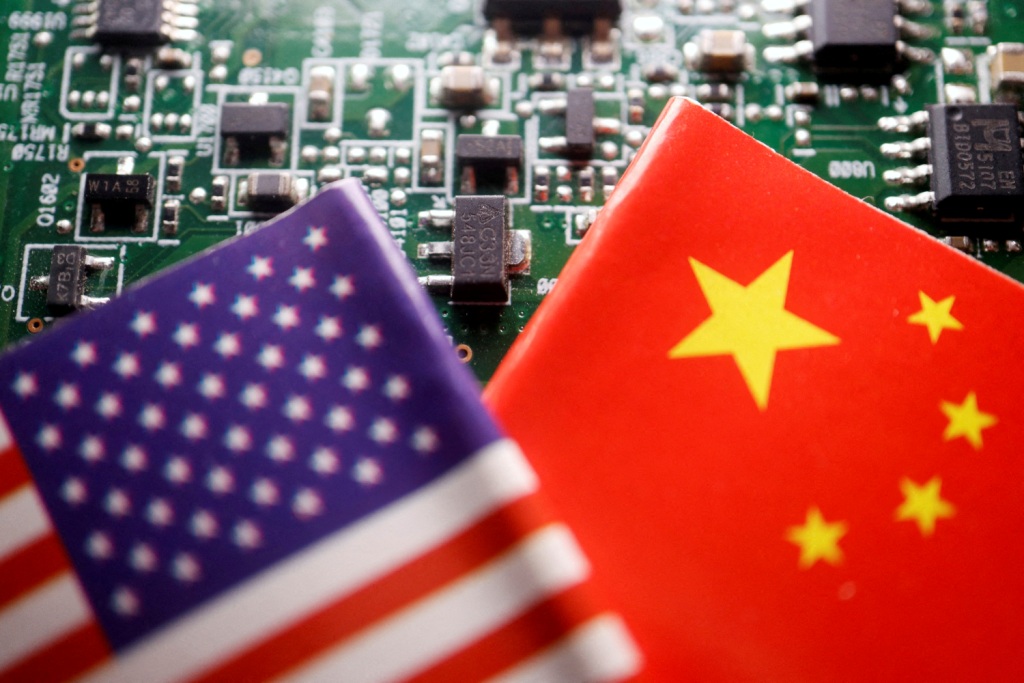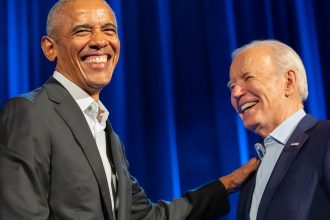(Washington) – U.S. lawmakers have intensified their scrutiny of semiconductor equipment makers, calling on major firms to disclose details of their sales to China. The request comes as the U.S. government prepares to introduce stricter export regulations aimed at limiting China’s access to advanced chip making technology.
Republican Congressman John Moolenaar and Democratic Congressman Raja Krishnamoorthi sent letters to five leading companies in the semiconductor equipment industry: KLA, Lam Research, Applied Materials, Tokyo Electron, and ASML. In the letters, the lawmakers emphasized the importance of addressing the balance between national security concerns and the competitiveness of the U.S. tech sector.
“We understand that some toolmakers believe we should limit the expansion of future unilateral U.S. controls due to concerns about their impact on the industry,” the lawmakers wrote. “However, enhanced export controls are not mutually exclusive with a robust and thriving toolmaking industry,” they added, reinforcing their stance that national security must be prioritized.
The letters come amid growing opposition to the Biden administration’s expected export controls, which are designed to prevent China from gaining access to technology that could enhance its semiconductor manufacturing capabilities. These measures are part of broader concerns that China’s advancement in chip-making could contribute to the modernization of its military, a key factor behind the U.S. government’s regulatory push.
Despite this, some lawmakers, including a group of California Democrats, have voiced concerns that the proposed export controls could harm U.S. businesses. In an August letter, they warned that the regulations could push established U.S. companies into a “death spiral” as allies such as Japan and the Netherlands have not yet implemented similarly stringent export curbs on their own companies.
The semiconductor industry is facing a difficult balance between fulfilling growing global demand and addressing the national security interests of the U.S. The issue is set against the backdrop of long- standing tensions between the U.S. and China over technology, trade, and national security.




















